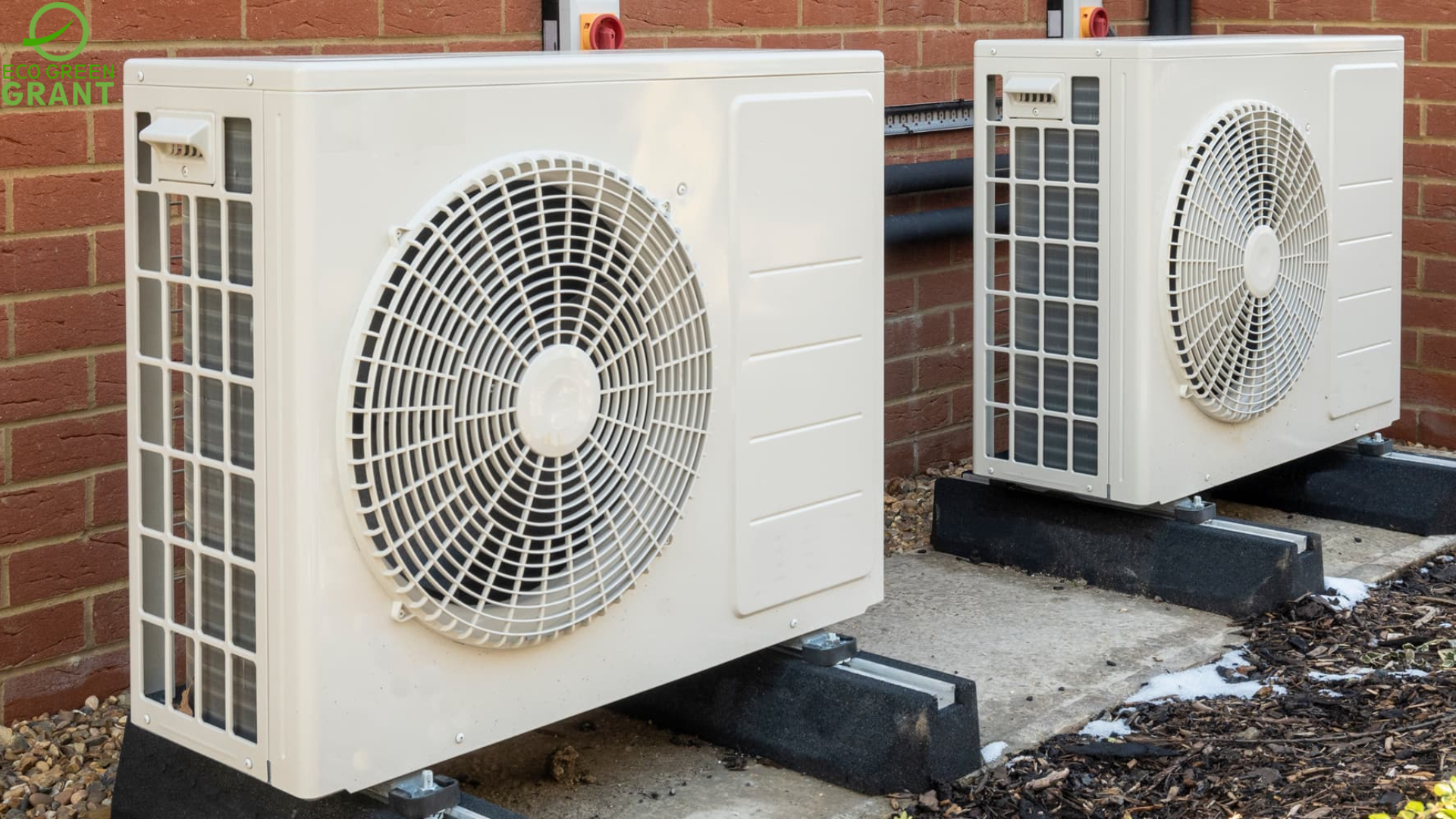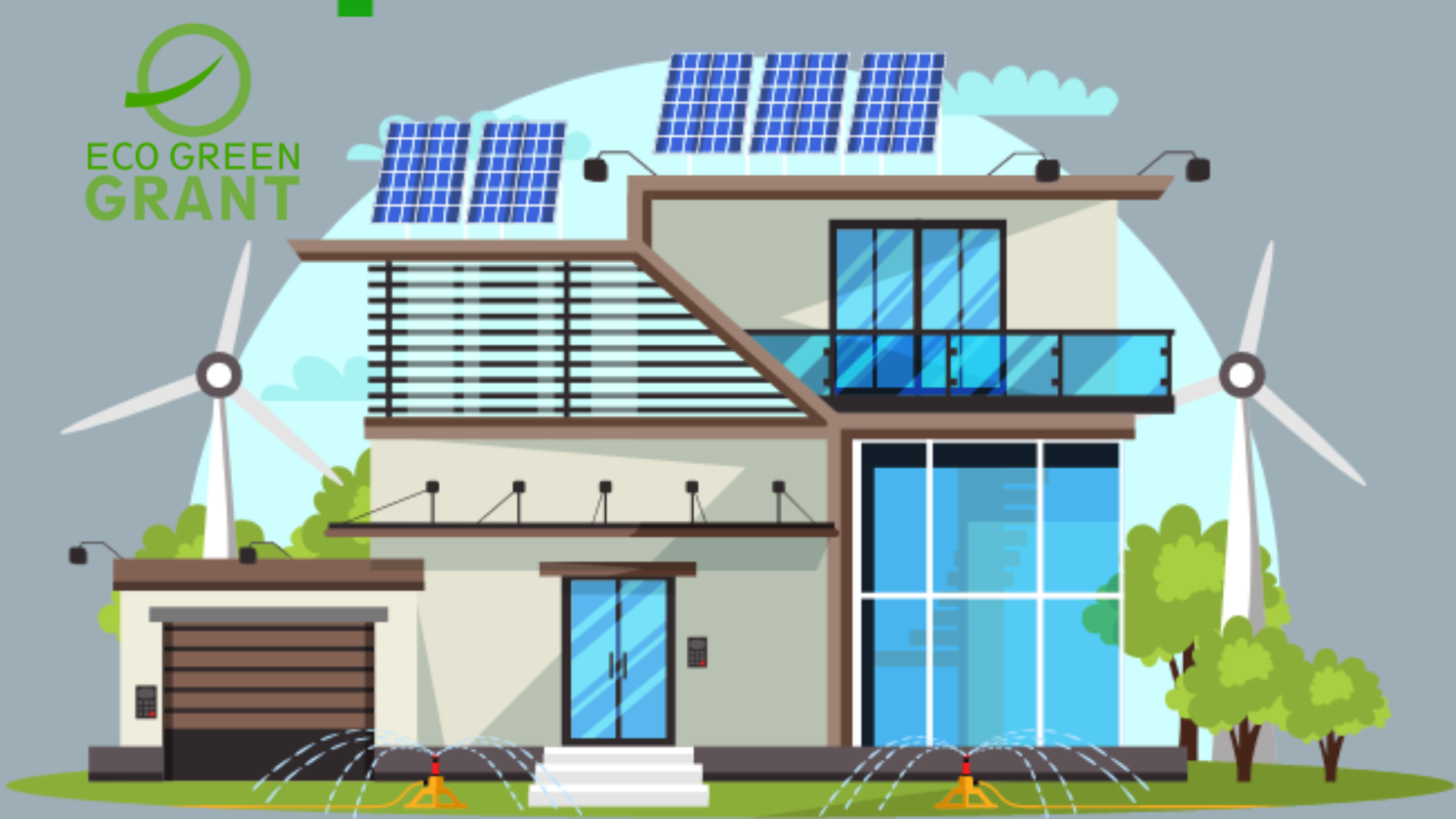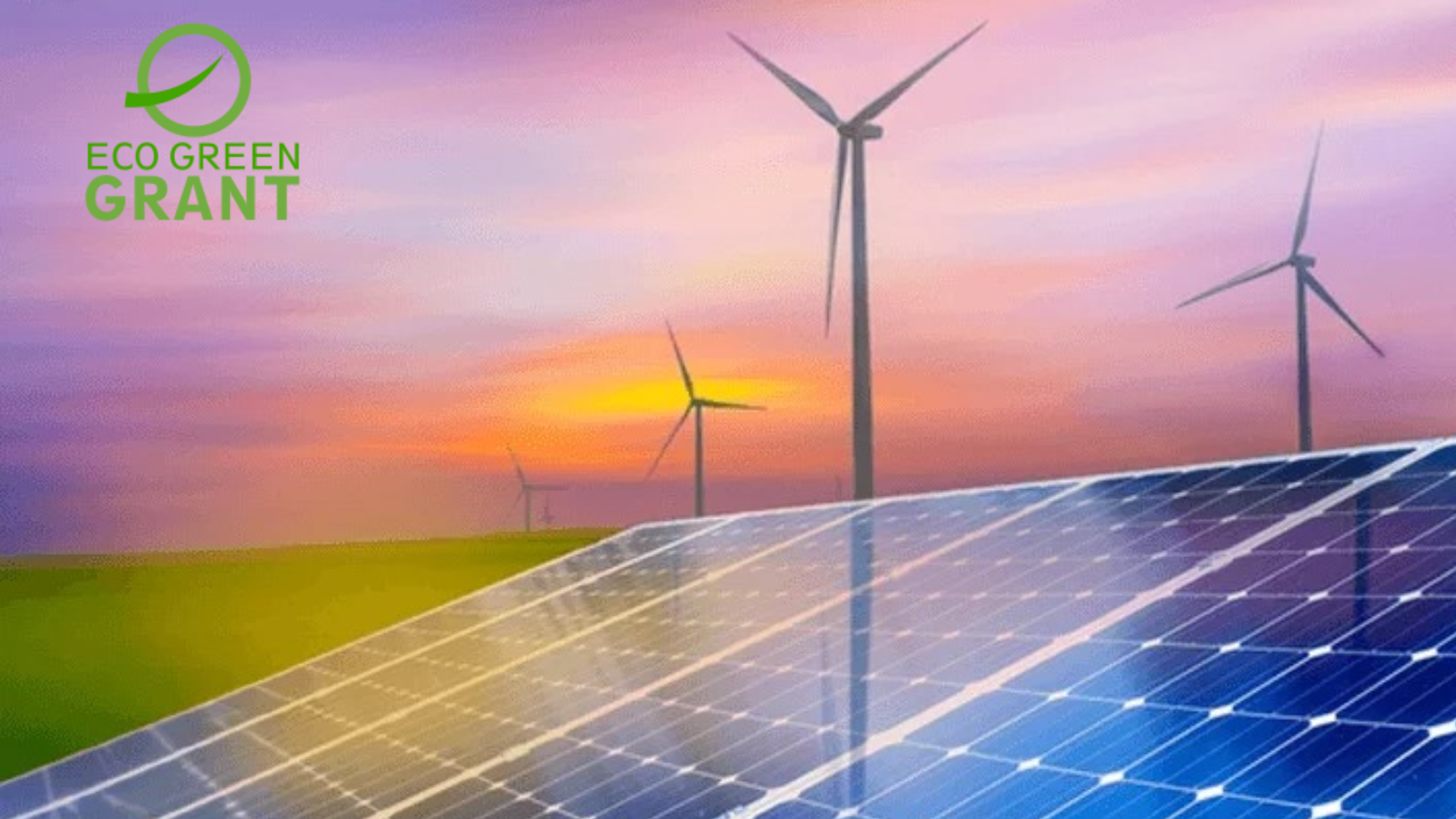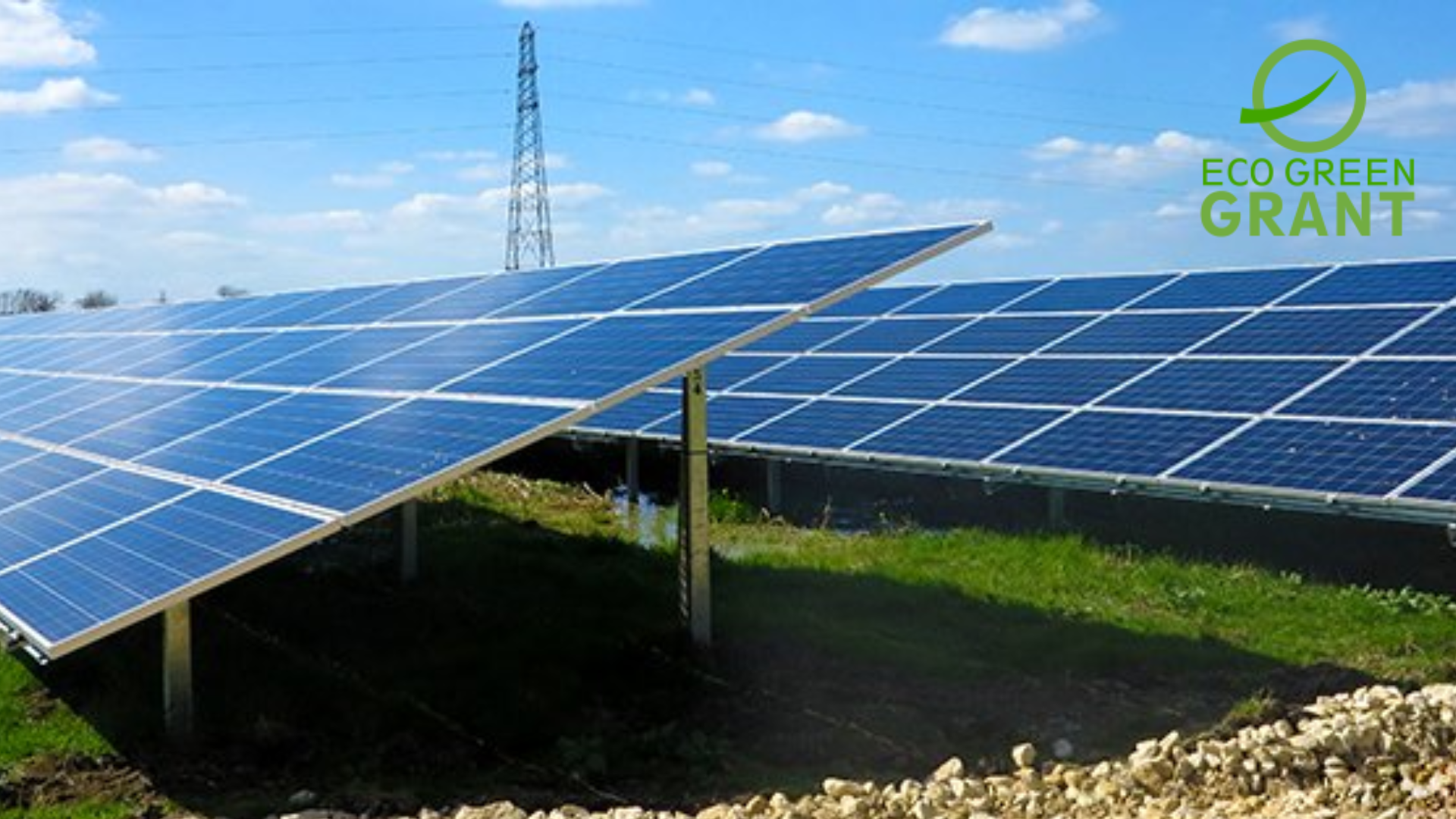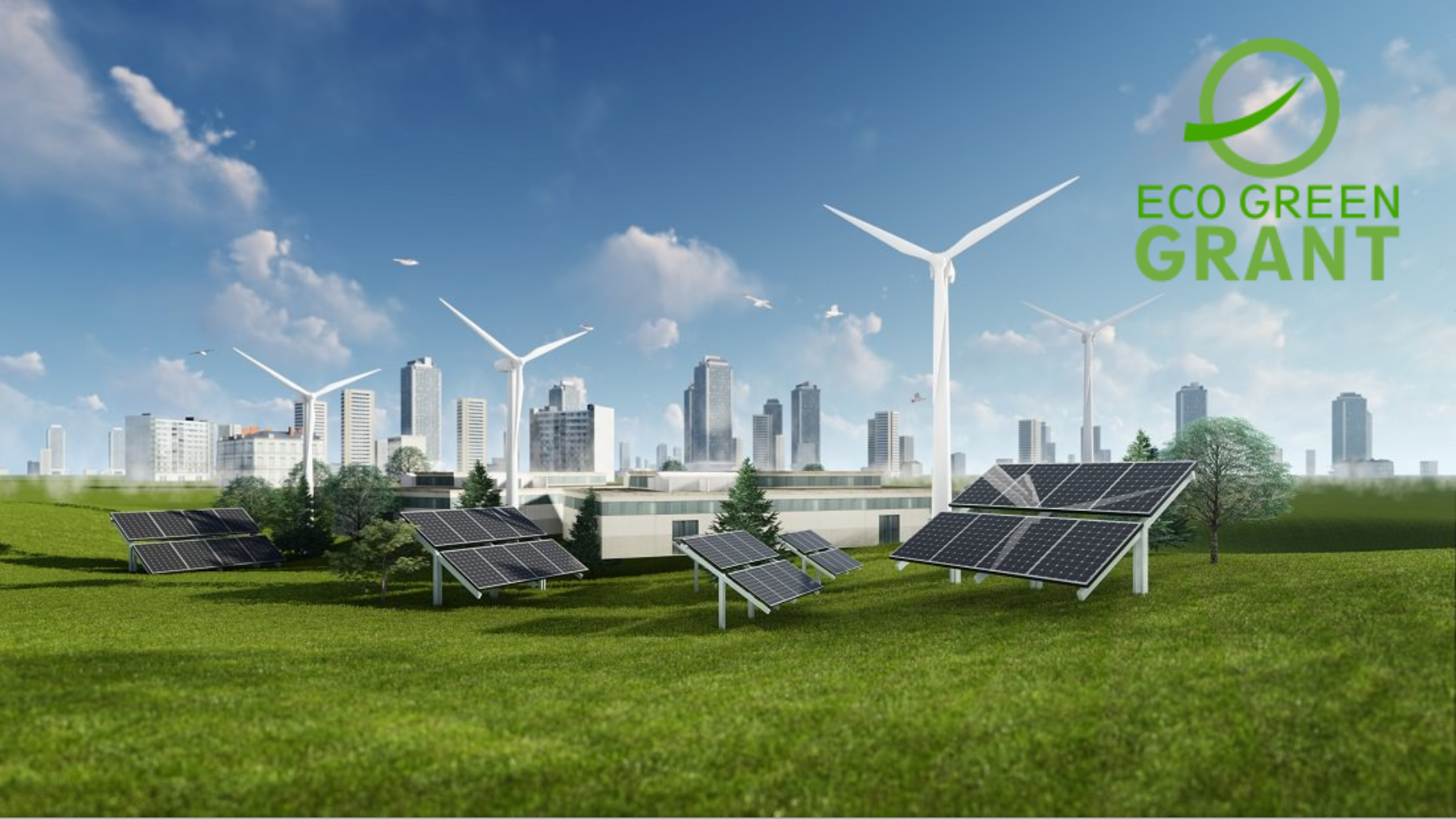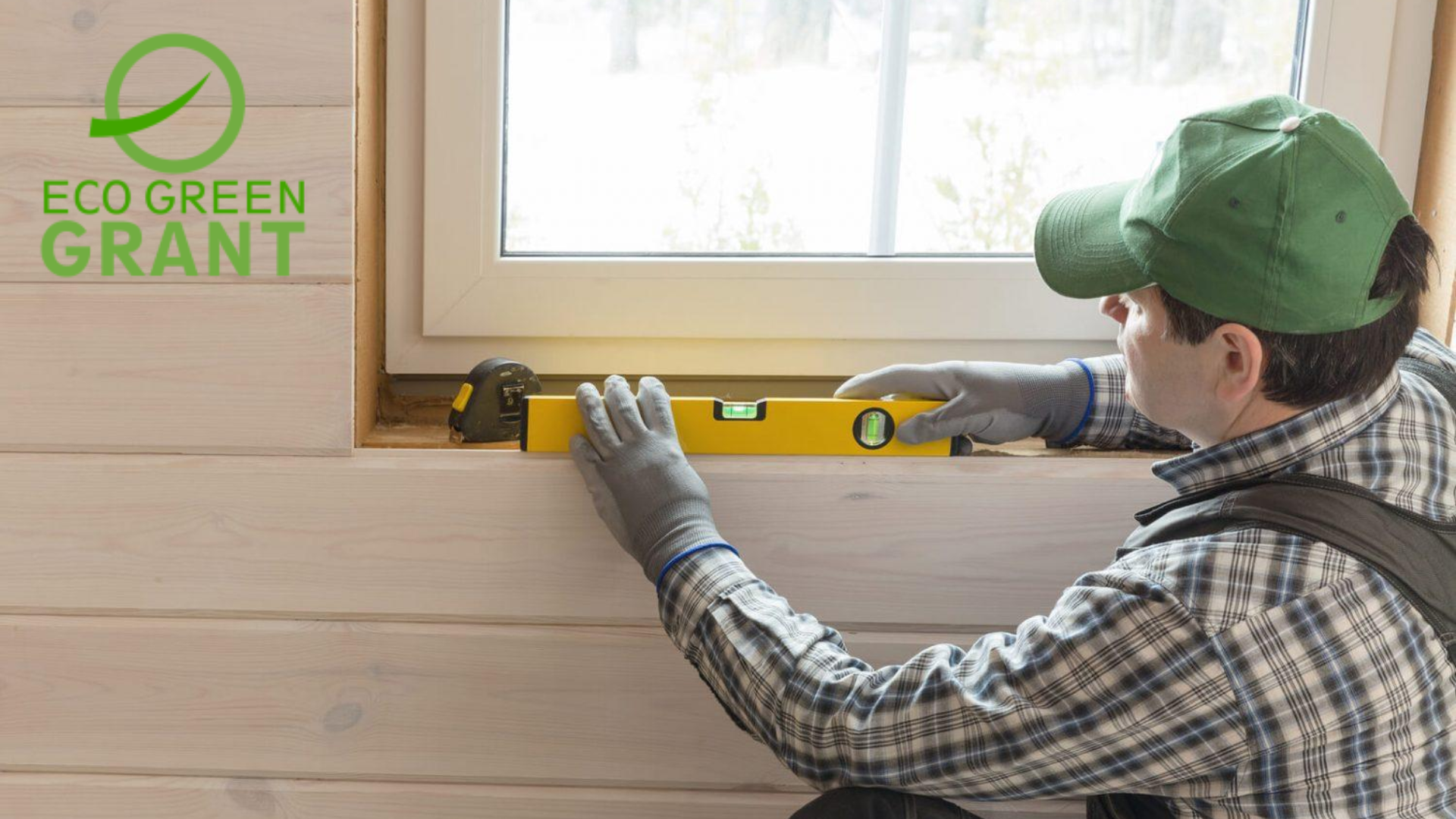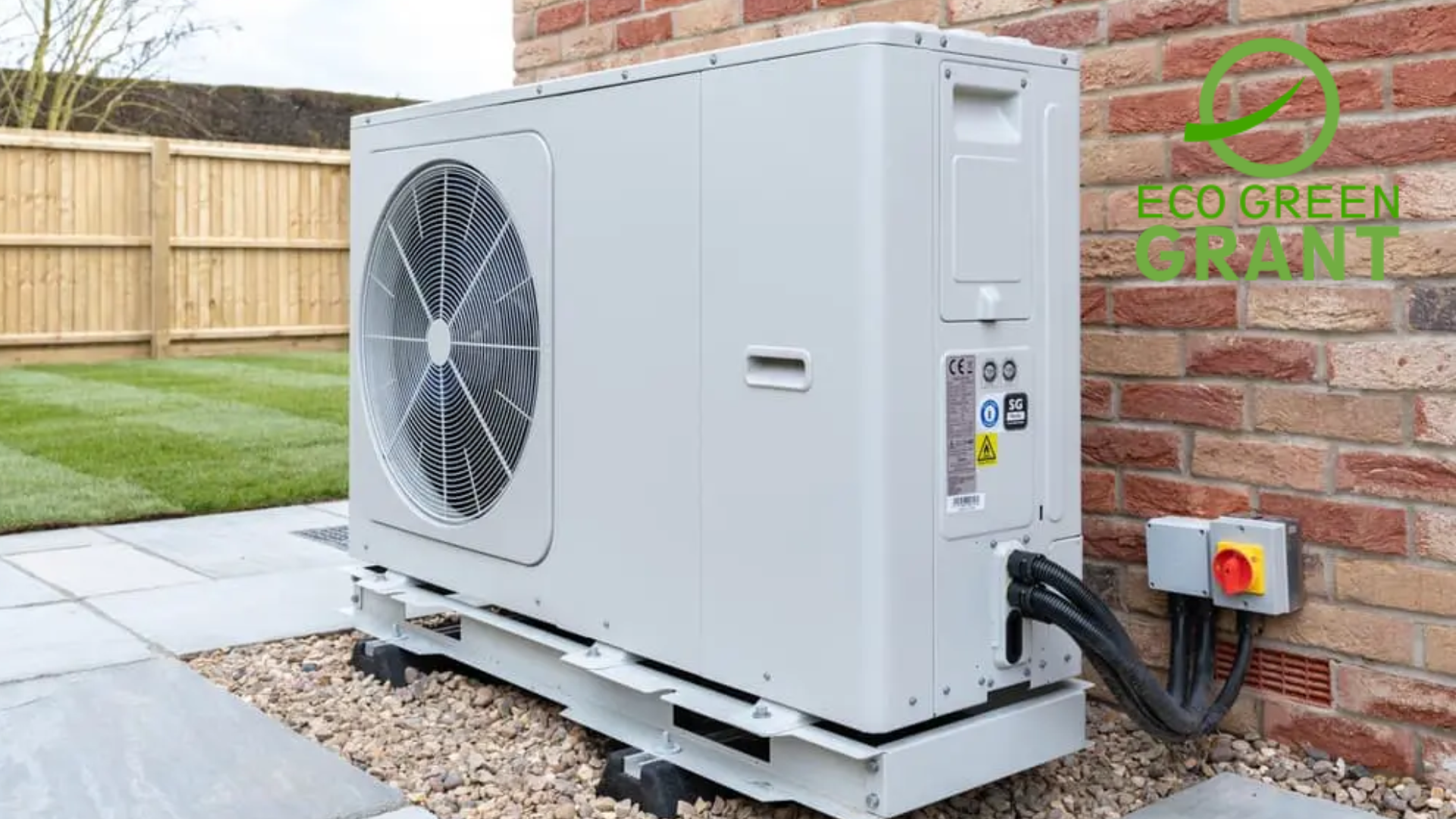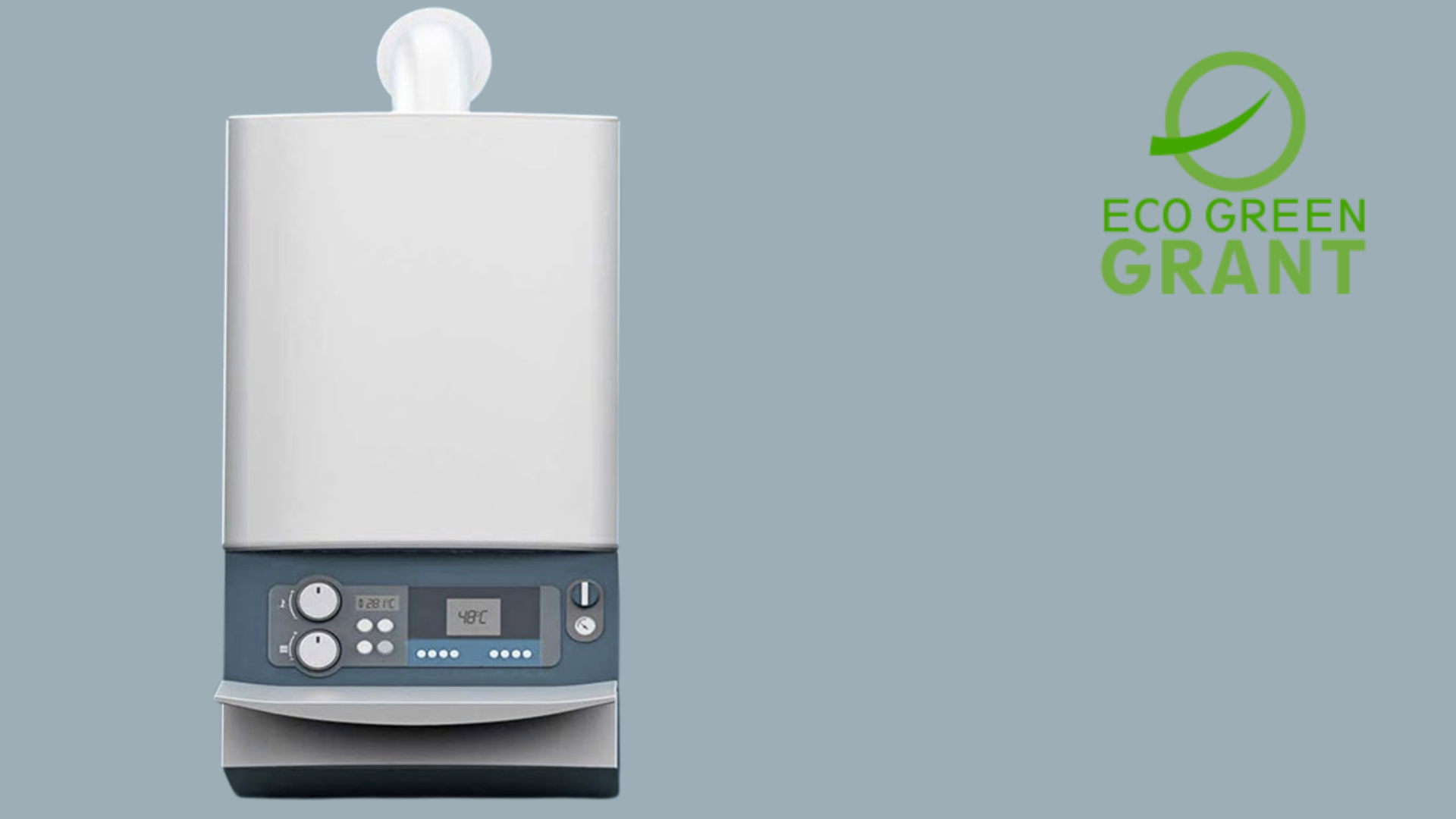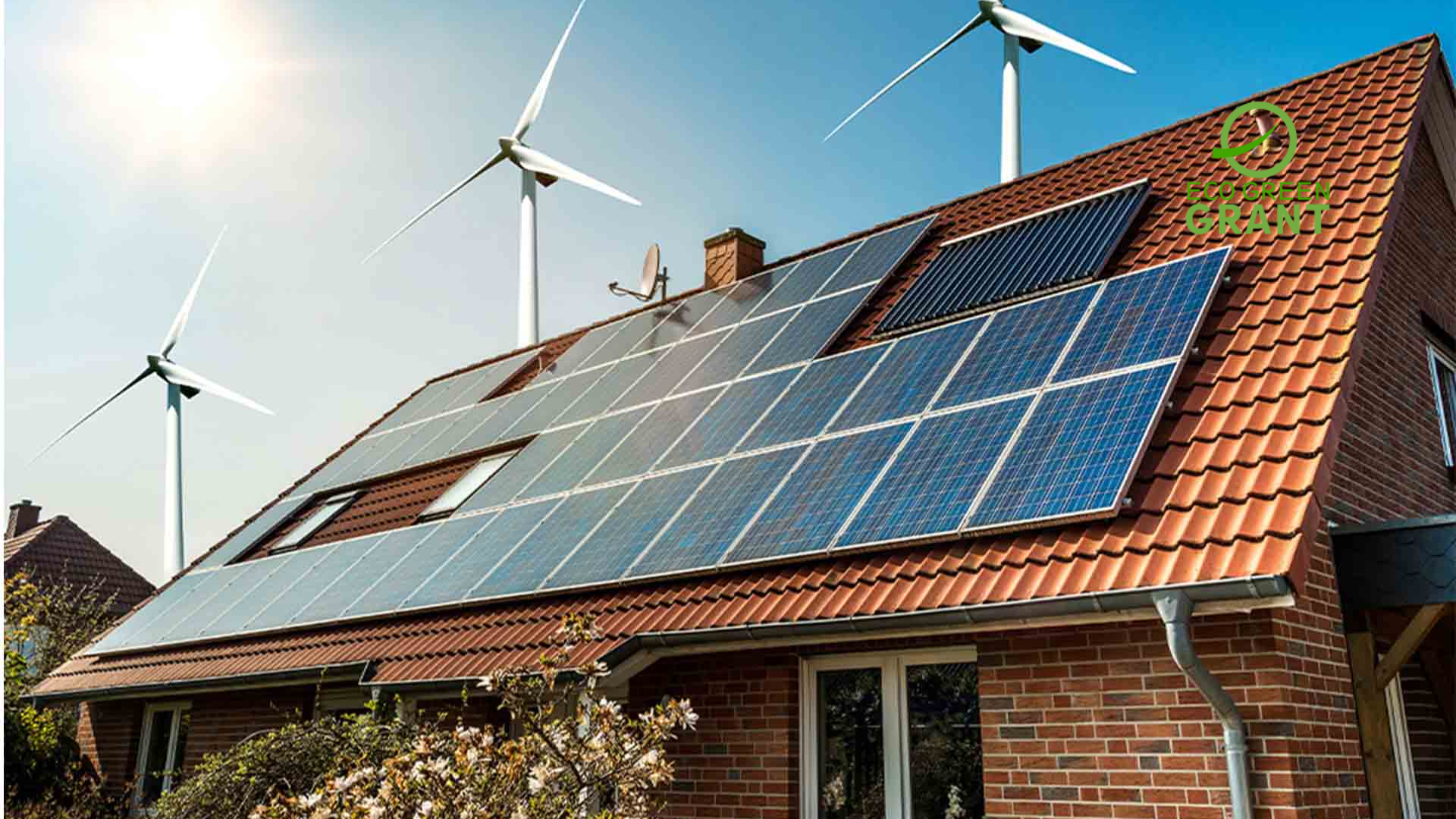Nottingham energy-saving upgrades is leading the way in energy-saving upgrades, with initiatives like the Home Upgrade Grant (HUG) and the Energy Company Obligation (ECO4) scheme. These programs aim to reduce carbon emissions and lower energy bills for residents. Companies like EcoGreenGrant are instrumental in facilitating these upgrades, offering services such as insulation, solar panel installation, and air source heat pumps. By participating in these programs, homeowners can significantly improve their home’s energy efficiency.
Understanding Nottingham’s Energy Efficiency Initiatives
Overview of Local Government Programs
Nottingham City Council’s Greener HousiNG team has been actively working to improve the energy efficiency of homes across the city. Through schemes like the Local Authority Delivery (LAD) and Home Upgrade Grant (HUG), over 1,150 energy-saving measures have been installed in private and rented homes. These upgrades include insulation, solar panels, and air source heat pumps, contributing to Nottingham’s goal of becoming the UK’s first carbon-neutral city by 2028.
Role of EcoGreenGrant in Local Initiatives
EcoGreenGrant plays a pivotal role in supporting Nottingham’s energy efficiency initiatives. By partnering with local authorities and homeowners, they facilitate the installation of energy-saving measures, ensuring that residents benefit from available grants and subsidies. Their expertise helps streamline the process, making energy upgrades more accessible to the community.
Key Energy-Saving Measures in Nottingham Homes
Insulation: The First Line of Defense
Proper insulation is crucial in reducing heat loss and improving energy efficiency. Nottingham residents can benefit from free or discounted insulation services through programs like the ECO4 scheme. Eligible households can receive cavity wall, loft, or underfloor insulation, significantly lowering heating costs and enhancing comfort.
Solar Panels: Harnessing Renewable Energy
Installing solar panels is an effective way to generate renewable energy and reduce electricity bills. In Nottingham, homeowners with an Energy Performance Certificate (EPC) rating of E or below may qualify for grants to install solar photovoltaic systems. These systems can generate electricity even on cloudy days, providing a sustainable energy source.
Air Source Heat Pumps: Efficient Heating Solutions
Air source heat pumps are an energy-efficient alternative to traditional heating systems. They extract heat from the outside air to heat homes, even in colder temperatures. Through the Boiler Upgrade Scheme, Nottingham residents can receive grants of up to £7,500 for the installation of air source heat pumps, reducing reliance on fossil fuels and lowering carbon emissions.
Financial Support and Grants Available
Home Upgrade Grant (HUG)
The Home Upgrade Grant (HUG) is designed to support low-income households in upgrading their homes to be more energy-efficient. In Nottingham, this grant has enabled the installation of various energy-saving measures, including insulation and heating upgrades, at no cost to eligible residents. Transform your home in Nottingham through strategic insulation upgrades and make your property more eco-friendly.
Energy Company Obligation (ECO4)
The ECO4 scheme obligates energy suppliers to fund energy-saving measures in homes, particularly those with low EPC ratings. Households may qualify for free or subsidized insulation, heating upgrades, and other improvements, depending on their circumstances and eligibility criteria.
Boiler Upgrade Scheme
The Boiler Upgrade Scheme offers financial incentives for homeowners to replace old, inefficient boilers with low-carbon heating systems like heat pumps. In Nottingham, residents can access grants of up to £7,500 for the installation of air source heat pumps, promoting cleaner and more efficient heating solutions.
How to Apply for Energy-Saving Grants in Nottingham
Eligibility Criteria
To qualify for energy-saving grants in Nottingham, homeowners typically need to meet certain criteria, such as having a low EPC rating, receiving qualifying benefits, or living in a property with specific heating systems. Each grant scheme has its own set of eligibility requirements, which can be found on official government websites or through local authorities.
Application Process
Applying for energy-saving grants involves completing an application form, providing necessary documentation, and undergoing an assessment to determine eligibility. Choose safe loft insulation options in Nottingham that prioritize both efficiency and your family’s health. Local councils and accredited installers can assist with the application process, ensuring that homeowners receive the support they need to access available grants.
Working with Accredited Installers
Partnering with accredited installers is essential to ensure that energy-saving measures are installed correctly and meet required standards. In Nottingham, companies like EcoGreenGrant are accredited to carry out installations under various grant schemes, providing expertise and quality service to homeowners.
Challenges in Implementing Energy-Saving Upgrades in Nottingham
Access to Reliable Information
One significant challenge in rolling out Nottingham energy-saving upgrades is the limited access to clear and reliable information. Many residents are unaware of what improvements are available, how they work, or what grants they may qualify for. To counter this, companies like EcoGreenGrant are stepping in to offer guidance, energy assessments, and personalized support. Accurate information helps homeowners make informed decisions that improve their property and energy efficiency.
Navigating Eligibility Requirements
Grant programs such as ECO4 and the Home Upgrade Grant come with eligibility conditions based on factors like income, EPC rating, and heating system type. These can confuse or discourage homeowners from applying. Professional assistance is crucial to navigate these requirements. EcoGreenGrant helps residents determine their eligibility and apply with confidence, increasing the success rate of grant approvals across Nottingham’s energy-saving upgrades.
Availability of Skilled Installers
The surge in demand for Nottingham energy-saving upgrades has outpaced the availability of certified installers. This shortage leads to delays and, at times, variable quality. To ensure consistent standards, homeowners should choose providers who work exclusively with trained professionals. EcoGreenGrant, for example, partners only with accredited installers to maintain quality assurance and meet compliance with government-backed schemes.
Misinformation and Scams
Another barrier to the adoption of energy-saving upgrades in Nottingham is the proliferation of scams and misleading advertisements. Some residents fall prey to rogue traders posing as official grant representatives. This can cause skepticism and reluctance to participate in legitimate programs. Trustworthy companies like EcoGreenGrant help restore confidence by operating transparently under verified government schemes and offering credible, free advice to local residents.
Future of Energy Efficiency in Nottingham
Innovations in Green Technology
As the demand for Nottingham energy-saving upgrades continues to grow, the technology powering these solutions is rapidly advancing. Innovations such as smart thermostats, battery storage systems for solar panels, and highly efficient insulation materials are becoming more accessible. These advancements will help homeowners reduce their carbon footprint further while saving money in the long term, and Nottingham is poised to be at the forefront of these changes.
Community-Led Energy Projects
The future of energy efficiency in Nottingham includes greater community involvement. Local energy cooperatives, neighborhood retrofitting projects, and shared solar panel initiatives are on the rise. These community-driven efforts empower residents to take collective action, lower energy use, and share resources. Nottingham energy-saving upgrades will increasingly include such collaborative models, fostering unity and shared environmental responsibility.
Integration of Smart Homes
Smart home technology is set to play a significant role in the evolution of energy-saving solutions in Nottingham. Homes that integrate smart meters, automated lighting, and intelligent climate control systems can optimize energy use in real time. This level of efficiency not only reduces waste but also supports the city’s broader sustainability goals. Upgrades supported by companies like EcoGreenGrant often prepare homes for future smart tech integration.
Policy Support and Urban Planning
The local government’s commitment to energy efficiency is shaping Nottingham’s long-term urban planning strategy. Future developments will likely include strict building regulations for energy performance, incentives for green construction, and more robust support for low-carbon living. Nottingham energy-saving upgrades are no longer just about retrofitting old homes—they are part of a holistic approach to designing the sustainable city of tomorrow.
Why Choose EcoGreenGrant for Energy-Saving Upgrades in Nottingham
Proven Track Record and Expertise
EcoGreenGrant stands out as a trusted provider of Nottingham energy-saving upgrades due to their consistent track record and deep industry expertise. With a portfolio that includes insulation, renewable energy installations, and heating systems, they help homeowners navigate complex schemes and achieve optimal energy efficiency outcomes. Enhance your home with quality cavity wall insulation in Nottinghamshire for year-round comfort and reduced heat loss. Their local knowledge also ensures that every project aligns with Nottingham’s environmental targets and housing needs.
Personalized Assessments and Support
One of the major advantages of working with EcoGreenGrant is their commitment to offering personalized service. From the initial assessment to the final installation, every step is tailored to the homeowner’s property, lifestyle, and budget. This approach ensures that the energy-saving upgrades are not just technically suitable but also practical for everyday living in Nottingham homes.
Trusted Government Partnerships
EcoGreenGrant operates under official government schemes such as ECO4, HUG, and the Boiler Upgrade Scheme. This means homeowners working with them can access fully or partially funded energy-saving solutions. Their compliance with local and national regulations provides added reassurance that upgrades are safe, effective, and financially beneficial in the long term.
Helping Build a Sustainable Future
By choosing EcoGreenGrant, Nottingham residents contribute to building a more sustainable and energy-resilient future. Every upgrade—whether it’s cavity wall insulation, a heat pump, or solar PV installation—brings the city closer to carbon neutrality. EcoGreenGrant’s mission aligns perfectly with Nottingham’s environmental goals, making them a valuable partner in the city’s green transformation.
FAQs
What are energy-saving upgrades in Nottingham?
Energy-saving upgrades in Nottingham include insulation, solar panels, and heat pumps that make homes more energy-efficient. These upgrades reduce energy usage and lower household bills. They also support the city’s goal of achieving carbon neutrality by 2028. Grants and funding schemes make them more accessible. Residents benefit both financially and environmentally.
Who is eligible for Nottingham energy-saving grants like ECO4 and HUG?
Eligibility is based on household income, benefits, EPC rating, and heating system type. Homes with poor energy efficiency or low-income residents often qualify. Government grants aim to support vulnerable groups. An assessment is usually required before approval. Companies like EcoGreenGrant help determine your eligibility.
How can I apply for free insulation or solar panels in Nottingham?
You can apply through official programs such as ECO4 or the Home Upgrade Grant. The process includes a home survey and documentation submission. EcoGreenGrant and other providers guide homeowners throughout the process. Most applications are quick and require minimal effort. Approved installers then complete the upgrade work.
Are the energy-saving upgrades really free?
Yes, for many eligible Nottingham homeowners, upgrades can be 100% funded. Grants cover costs for insulation, solar panels, boilers, and more. Some partial funding options may apply in other cases. Funding depends on property type and income criteria. No upfront payment is needed if you qualify.
What types of insulation are available in Nottingham?
Common options include loft, cavity wall, and underfloor insulation. These prevent heat from escaping and reduce energy bills. Nottingham homes benefit significantly due to the local climate. Grants often cover full installation costs. Proper insulation increases both comfort and energy efficiency.
Can I get solar panels installed in Nottingham for free?
Yes, solar panels may be free if you meet grant criteria under ECO4 or HUG. Qualifying factors include low EPC rating and certain benefits. Solar energy reduces reliance on traditional electricity. It’s a long-term solution with zero emissions. EcoGreenGrant can assess your eligibility at no cost.
What is the role of EcoGreenGrant in Nottingham energy-saving upgrades?
EcoGreenGrant helps homeowners access government-funded energy upgrades. They manage the application, assessments, and certified installations. Their team ensures that homeowners receive eligible services quickly. They’re experienced with Nottingham’s local schemes and property needs. This makes energy-saving upgrades more efficient and stress-free.
Will these upgrades increase the value of my home?
Yes, energy-saving upgrades improve your home’s EPC rating and overall appeal. Buyers value properties with lower running costs. Solar panels and modern insulation are desirable features. They also future-proof homes against rising energy prices. Higher energy efficiency often leads to better resale value.
Are energy-saving upgrades worth it for older homes in Nottingham?
Absolutely, older homes often waste more energy due to poor insulation. Upgrades like internal wall insulation and heat pumps work well. Grants are available specifically for older properties. These improvements reduce bills and improve comfort. EcoGreenGrant customizes solutions for each home.
How do these upgrades help Nottingham’s environmental goals?
They reduce carbon emissions and promote the use of renewable energy. Energy-saving upgrades align with Nottingham’s 2028 carbon-neutral target. Every upgraded home contributes to city-wide environmental improvements. These efforts also reduce strain on the local energy grid. The result is a cleaner, greener Nottingham for everyone.


